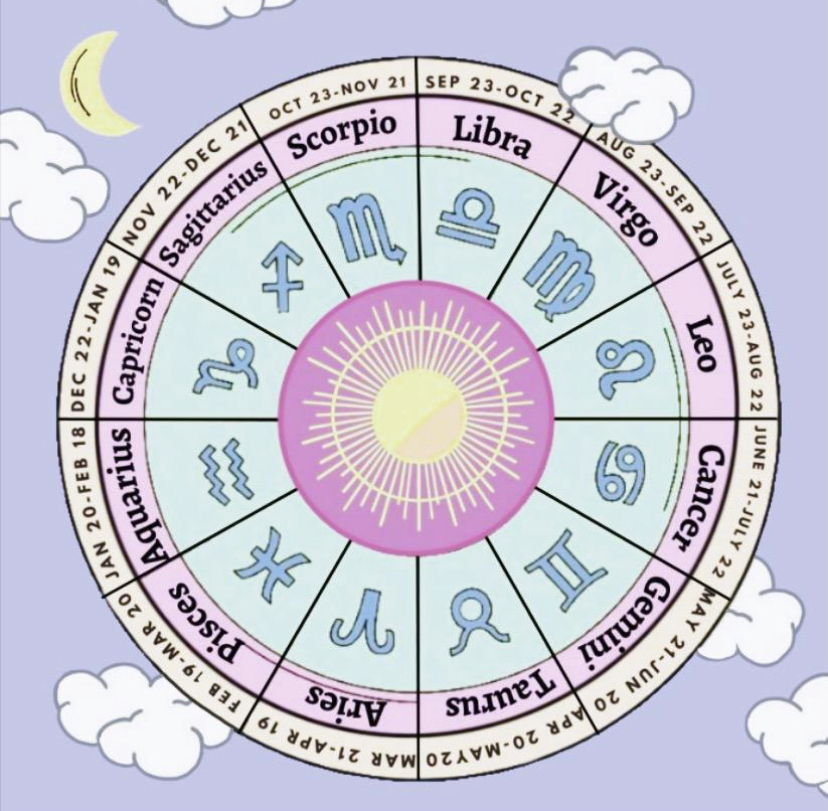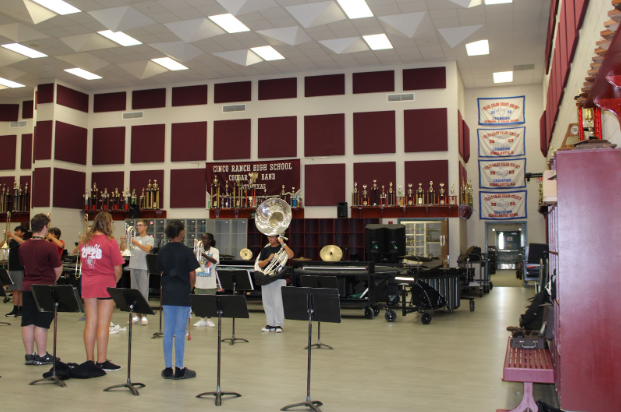Les Misérables has had a long history of adaptations since the book by Victor Hugo was first written. On Christmas Day, the newest of those adaptations was released in theaters. Being the first take on Les Misérables to be both a movie and a musical, Working Films and Universal Pictures had something to prove.
The power players for this production were stars like Hugh Jackman, Anne Hathaway, Russell Crowe and Amanda Seyfried, while some lesser known actors made an even bigger debut. Younger stars like Eddie Redmayne, Aaron Tveit and Samantha Barks were quick to become new objects of the public eye. Throughout the movie, the acting was sufficient. Some actors stood out more than others mostly because of the emotional part they played.
Whatever emotional parts gripped the audience, like Fantine’s descent into poverty and horror or Jean Valjean’s spiritual uplifting, all seriousness was well balanced out by the Thénardiers played by Sacha Baron Cohen and Helena Bonham Carter. Their songs were hilarious and they aced the parts of “characters you loved to hate.”
The atmosphere of the film was truly amazing right down to every detail. Les Misérables is not meant to be seen and heard, it is meant to be felt. The sets echoed those of the Broadway musical adaptation where the whole play revolves around one set and sometimes moves from time to time. Details like dirty hands, a torn costume or what looked to be teeth that were in need of a cleaning, all added to the aesthetic feeling it created. It seemed like the goal of the Les Misérables movie was to promote what can been seen of the screen rather than on a stage like a play.
The only thing that seems to be bringing the movie down is the singing. The actors chose to sing live and not in a recording studio for their songs and a few did succeed in doing so while others like Russell Crowe seemed awkward like they did not fit. At first it added to the tone of the movie, desperate singing for desperate times. It just worked. But the actors and the studios have been receiving flack for not using methods to clean up the songs. For the actual movie, it is impressive that they sang live but for the soundtrack and other such uses, they could have cleaned it up. The chorus also did a great job supporting the cast.
Many of the root problems fall to the musical adaptation and the original book itself. Characters like Cosette and Marius are fairly flat characters and the only reason the audience takes interest in them is because of characters like Éponine who form the last corner of a love triangle. The book largely relies on religious symbolism to make a point, so in translation, the adaptation is understandably shaky. And the problem of singing did not only come from the abilities of the actors but the lyrics of songs like “The Confrontation” that feel like they are talk-singing and not telling an actual story. The more emotional songs like “I Dreamed a Dream” and “On My Own” carried the movie. In between each of the main songs, the small lines that were sung instead of read felt unnecessary and awkward. They did not fit and the lines probably would have been better spoken in the first place.
The newest adaptation of Les Misérables was pleasing and quite a solid performance. It had some issues but once past them, the movie becomes enjoyable. The movie should get an Oscar or two, but it certainly will not win best picture due to the issues it suffers from.



